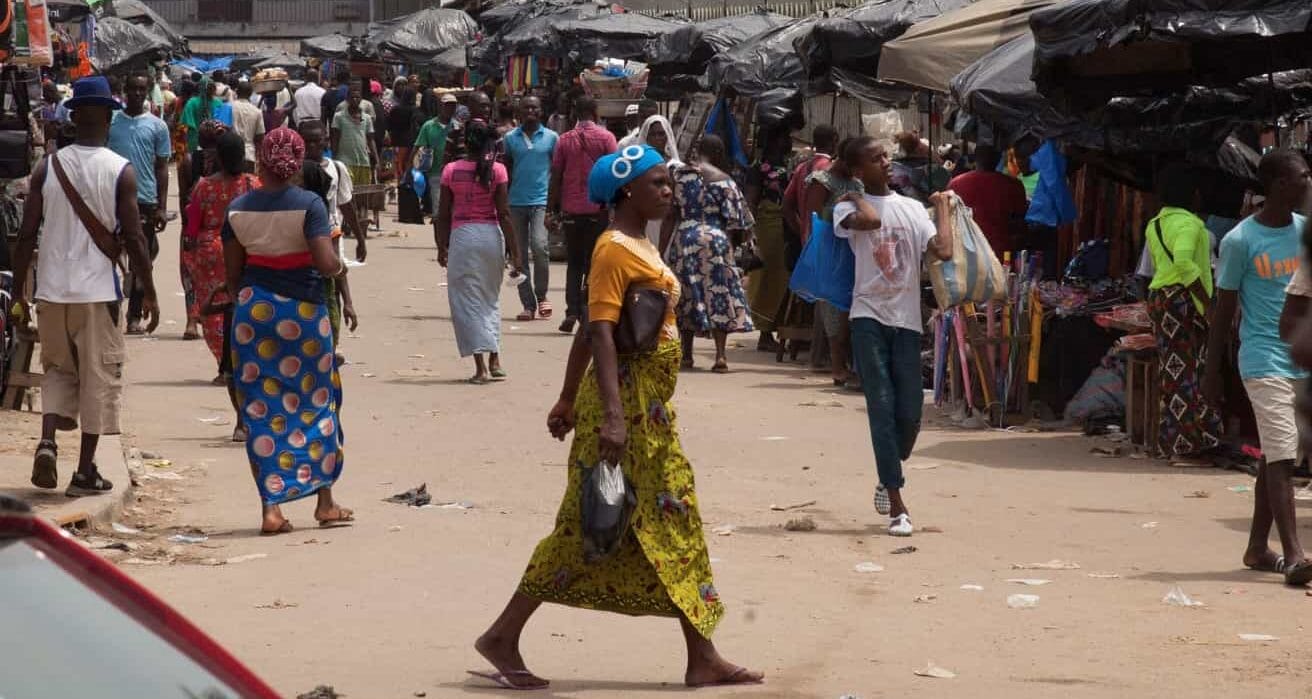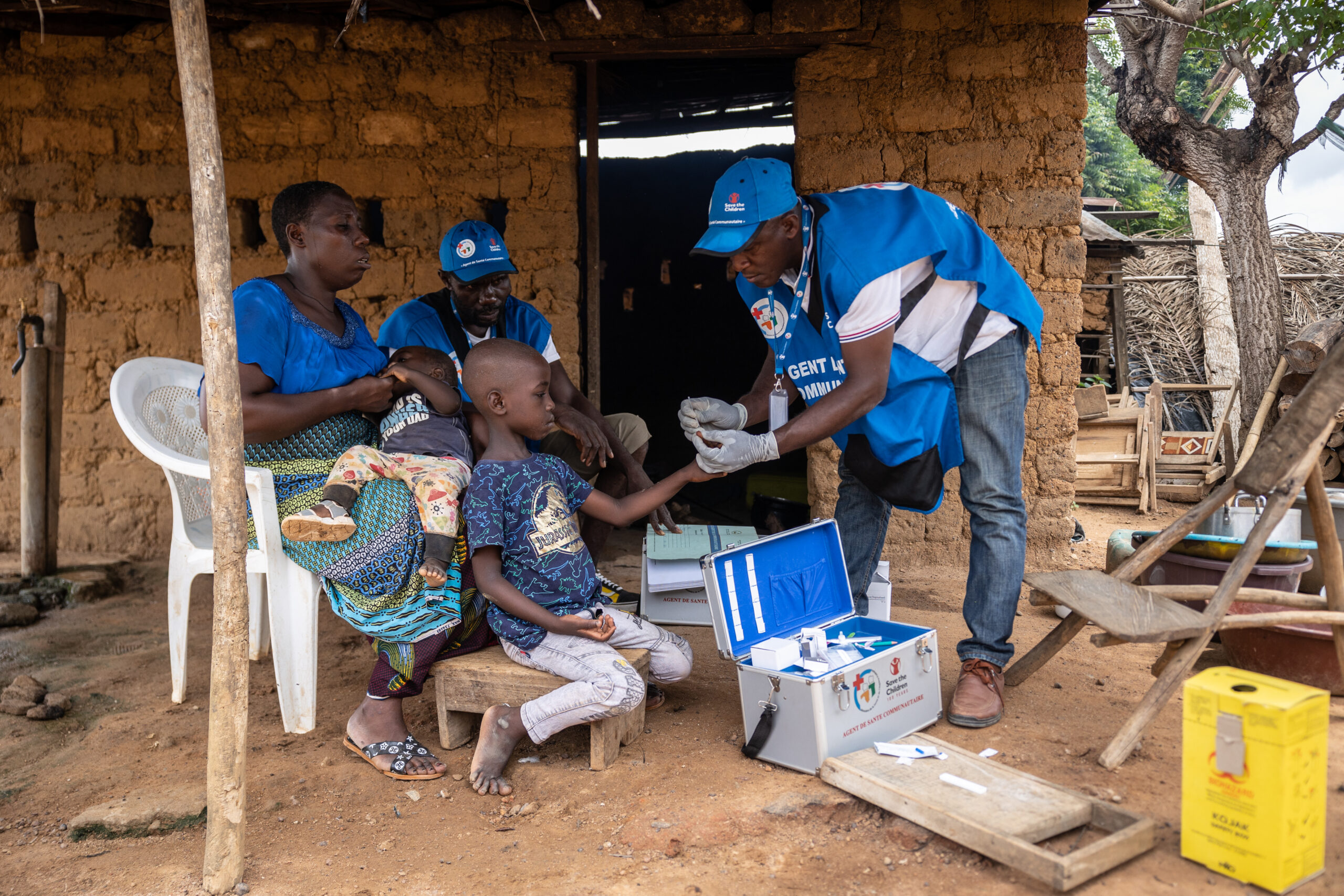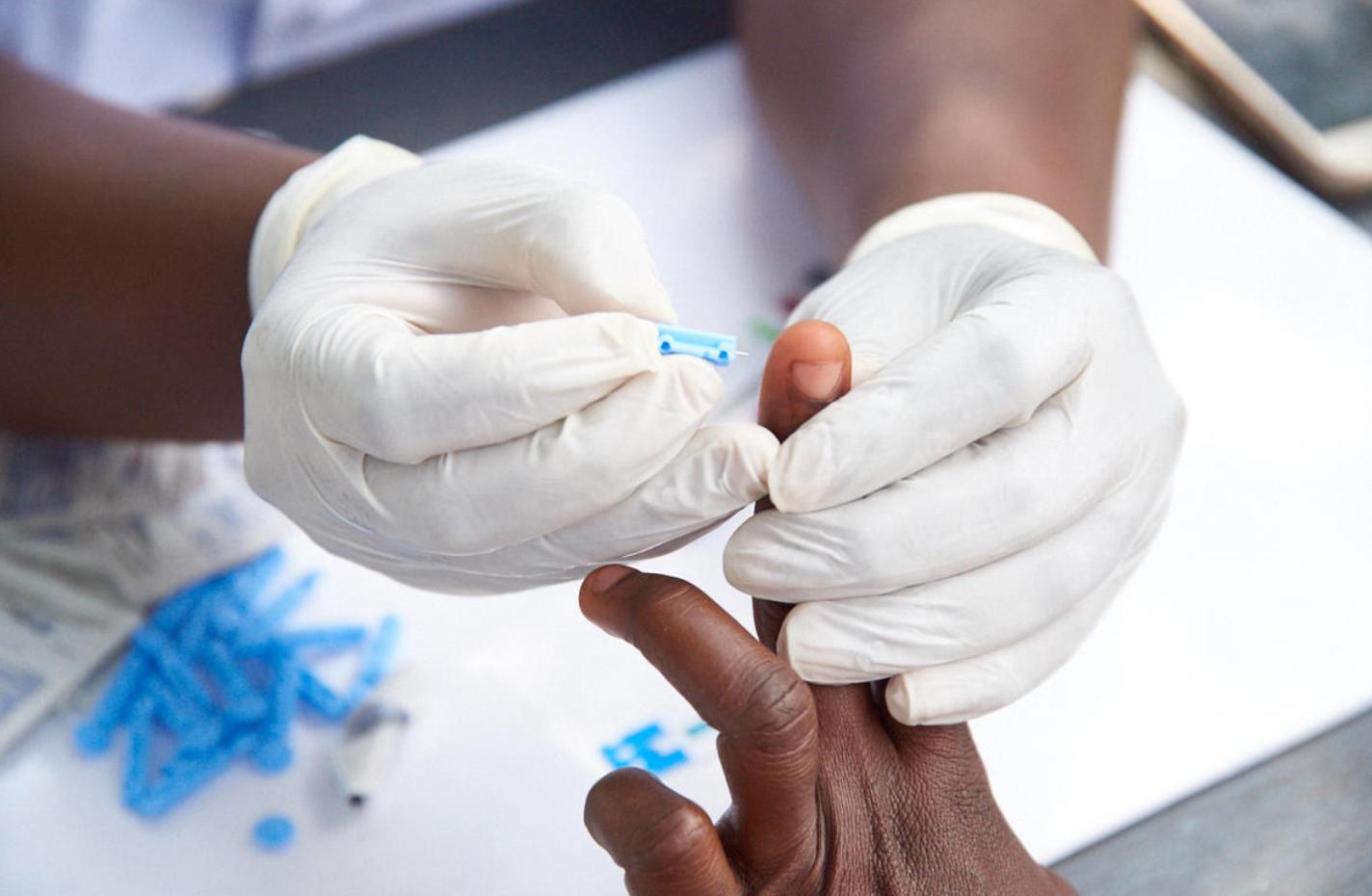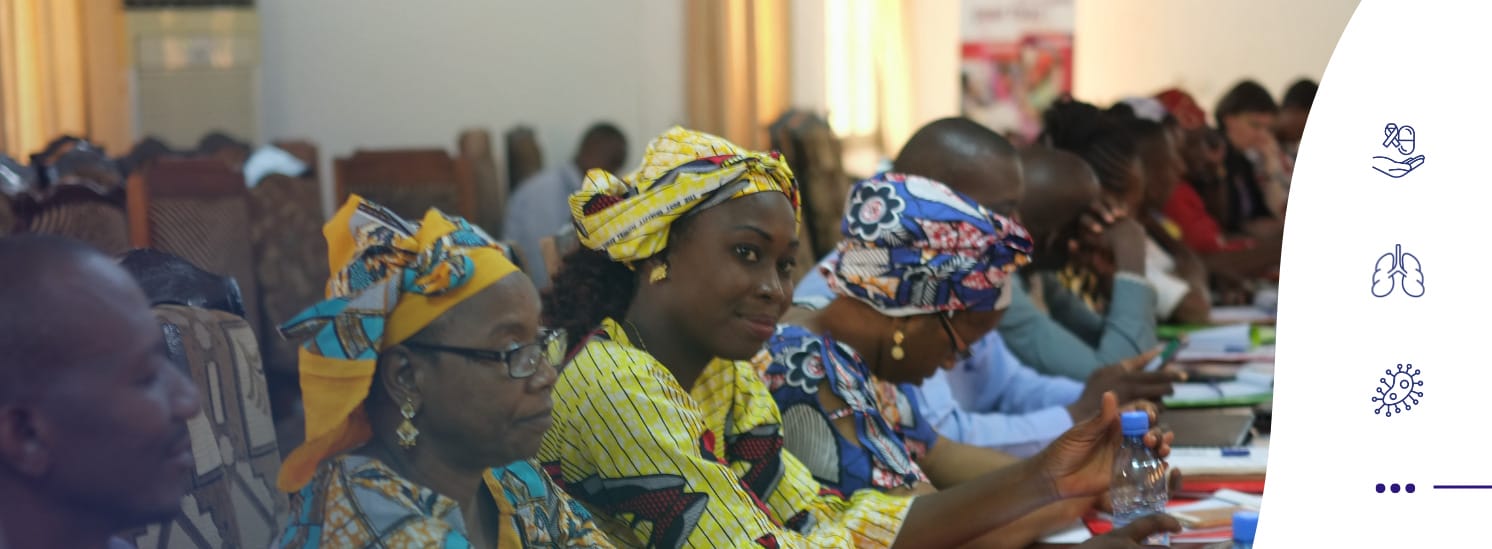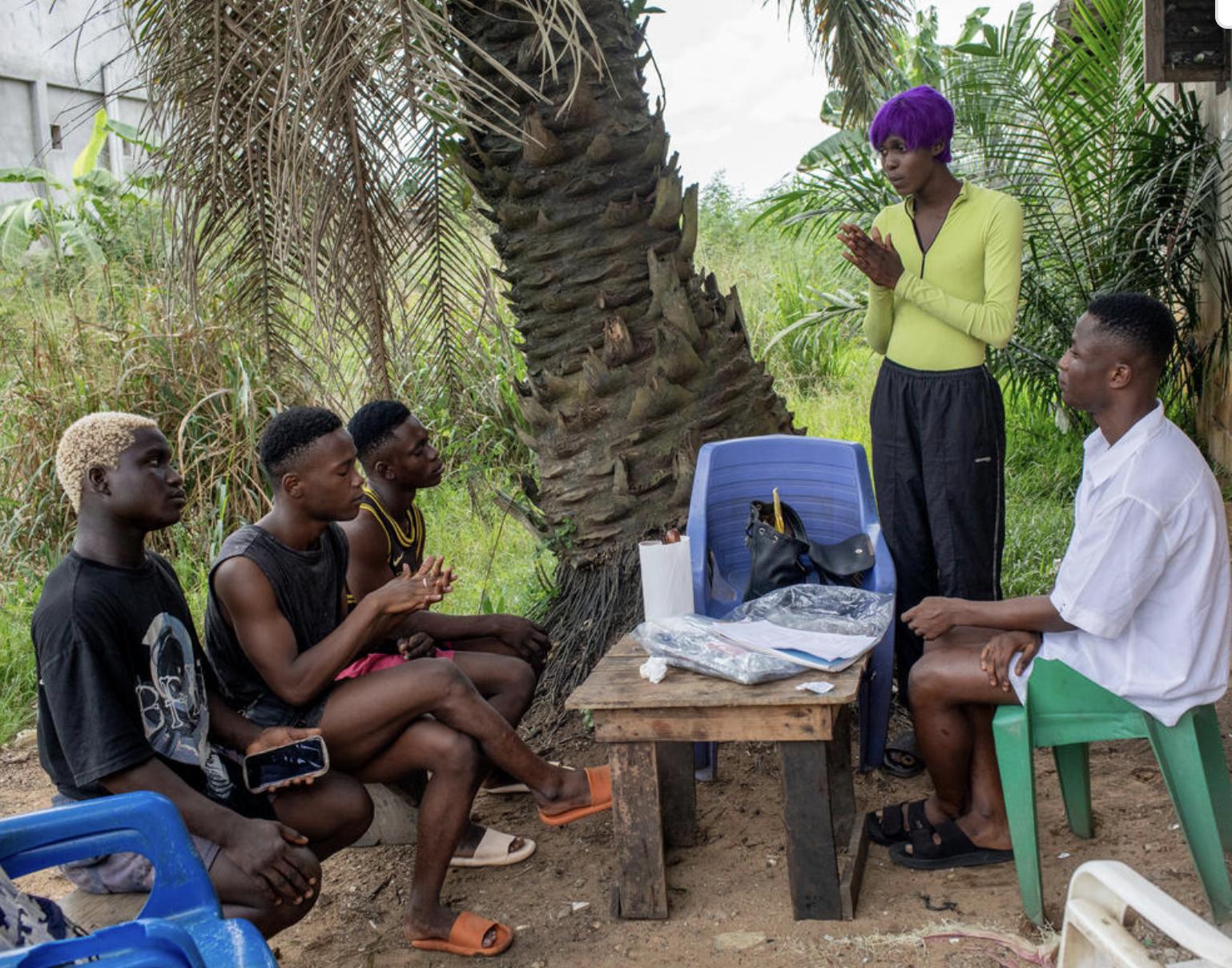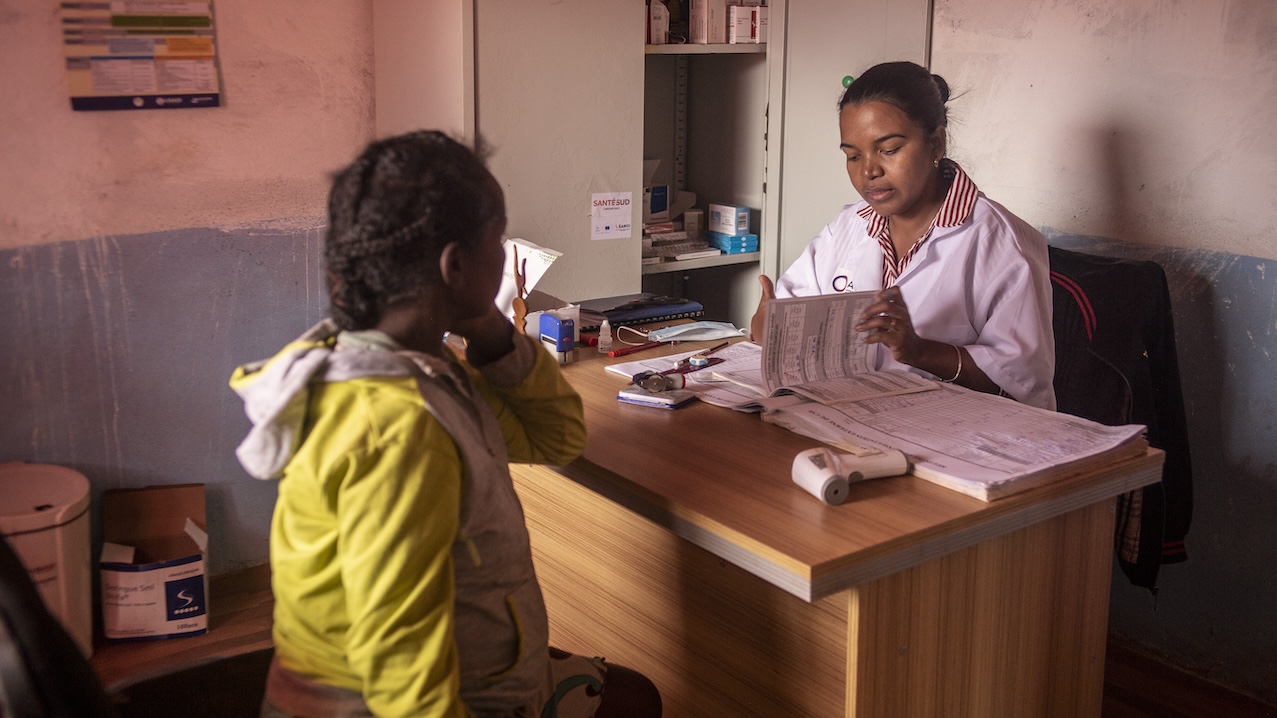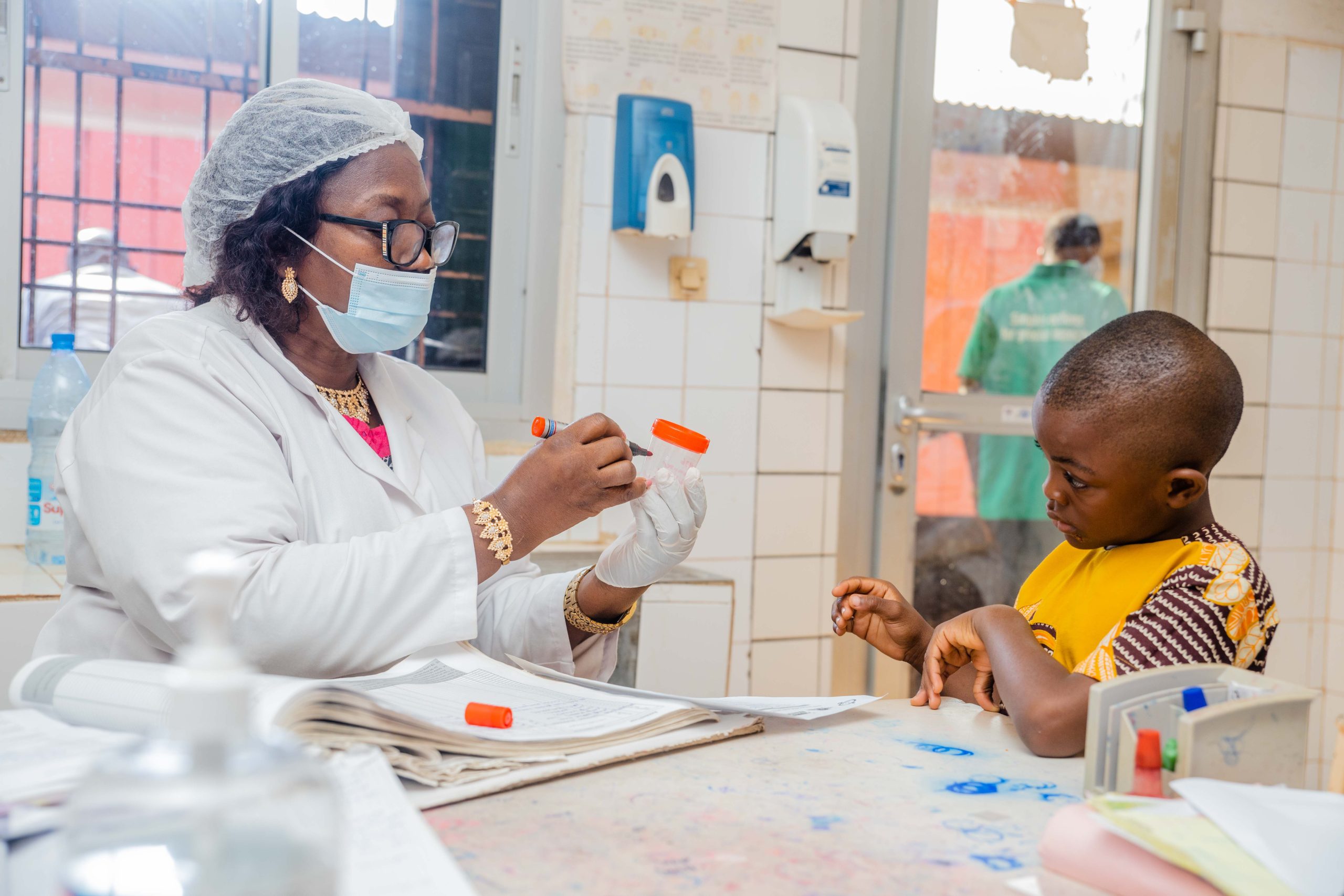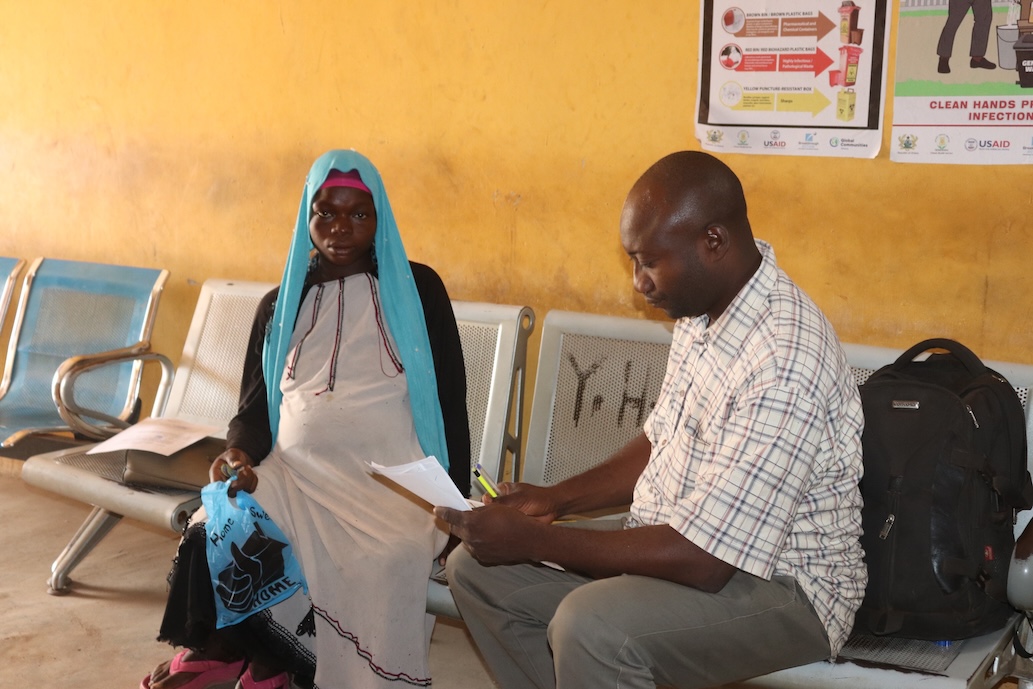The gender approach at the heart of L’Initiative’s strategy
Gender inequalities are a barrier to progress in global health. Discrimination, sexual violence, early marriage or lack of information, the obstacles to access to screening, adherence to treatment and the organization of health activities are numerous. However, equal access for all to health services is essential to combat HIV, tuberculosis and malaria. This is why L’Initiative works to better take into account the gender approach in the projects it supports.
The social fabric of gender-related inequalities
Unlike sex, which refers to the physiological differences between women and men, gender is a social construct that associates each sex with an identity, characteristics and social roles, often a vehicle for inequalities. These inequalities are manifested in all areas: education, politics, work, the economy, but also health. Other factors such as age, socio-ethnicity, sexual orientation or even disability can amplify these inequalities, particularly if they are combined. Young girls and adolescents, men who have sex with men (MSM), women who have sex with women (WSW), transgender people, sex workers, injecting drug users, incarcerated people, migrants: all these populations are often marginalized and stigmatized, or even penalized. Their access to health services is therefore very limited, making them even more likely to contract infectious diseases or put themselves in danger.
Gender and human rights at the heart of global and French strategies
Given the health consequences of these inequalities, it is essential to take into account the specific needs of these vulnerable populations. In its 2023-2028 strategy, the Global Fund aims to strengthen health equity, gender equality and human rights. Sexual and reproductive health and rights (SRHR) are integrated into this strategy and play a key role in gender equality in health issues. In its third International Strategy for Gender Equality, France has made women’s rights and gender equality a priority area of its development aid policy. In line with this French feminist diplomacy, L’Initiative places human rights and health equity at the heart of its strategy, aiming to integrate the issue of gender into the projects it supports, the technical assistance it conducts and the knowledge it produces.
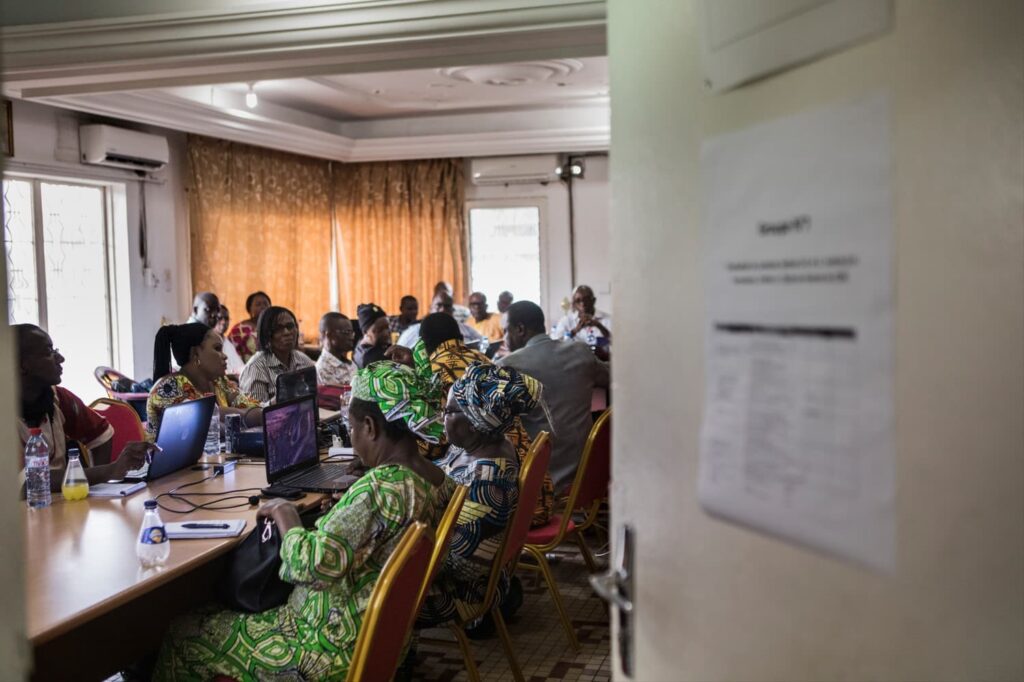
Production of knowledge on gender issues in health projects
To combat both gender inequalities and pandemics (HIV, tuberculosis and malaria), L’Initiative develops and disseminates tools to feed the reflection and knowledge of the global health community. In particular, a webinar was created to raise awareness and train experts on this issue and propose methodologies to be deployed in the field. In addition, a
“toolbox” dedicated to community health, gender and human rights was created.
Integrating gender to improve the response to the three pandemics
Overcoming women’s constraints in accessing HIV preventive treatment
The Initiative supports the PrEP project in Morocco and Mauritius. The objective? To develop and implement a modelable and adapted community intervention for women exposed to HIV in these two countries. While AIDS is a leading cause of death for women aged 15 to 49, worldwide
according to UNAIDS , their access to pre-exposure prophylaxis (PrEP) – the HIV preventive treatment recommended by WHO for all people at high risk of infection – is still limited. With this project, The Initiative seeks to identify and address the specific barriers faced by women.
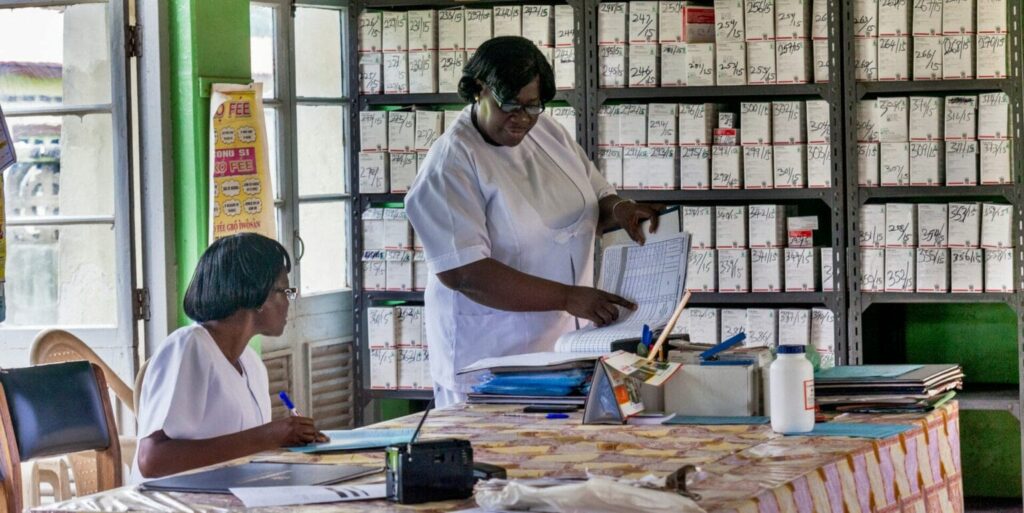
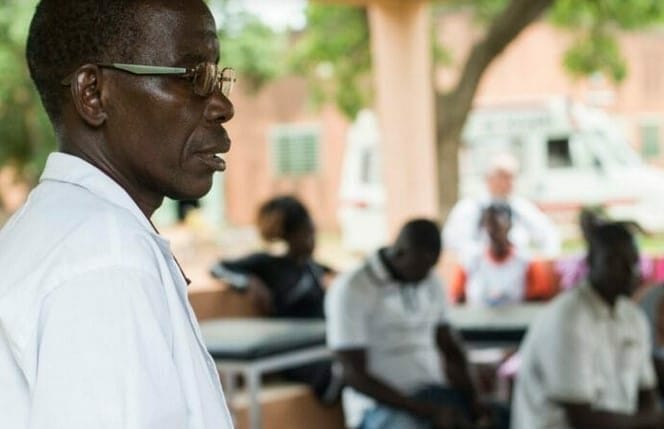
Taking women into account in the fight against tuberculosis
As part of the COIN project in the Dominican Republic, led by the local NGO Centro de Orientación e Investigación Integral, L’Initiative aims to make access to tuberculosis diagnosis and care more equitable. Although men are the most affected by tuberculosis, particularly the prison population and mine workers due to the proximity that characterizes these populations, women are also affected. In cases of extreme poverty or undernutrition, they can just as easily contract the disease and should therefore not be excluded from prevention, screening and care strategies.
Pregnant women and children under five are most vulnerable to malaria
The objective of our STRAPA technical assistance in Benin, supported by L’Initiative, is to optimize the strategy for combating malaria in pregnant women to promote care for vulnerable populations. Given the high number of maternal deaths, this technical assistance aims to understand the anthropological reasons for this, such as the misuse – or even non-use – of mosquito nets, which are often distributed to pregnant women during their first prenatal consultation. The objective is to highlight the determinants of the effective use of mosquito nets during pregnancy and the first years of a child’s life, while examining community habits, their knowledge of the disease and malaria prevention methods.
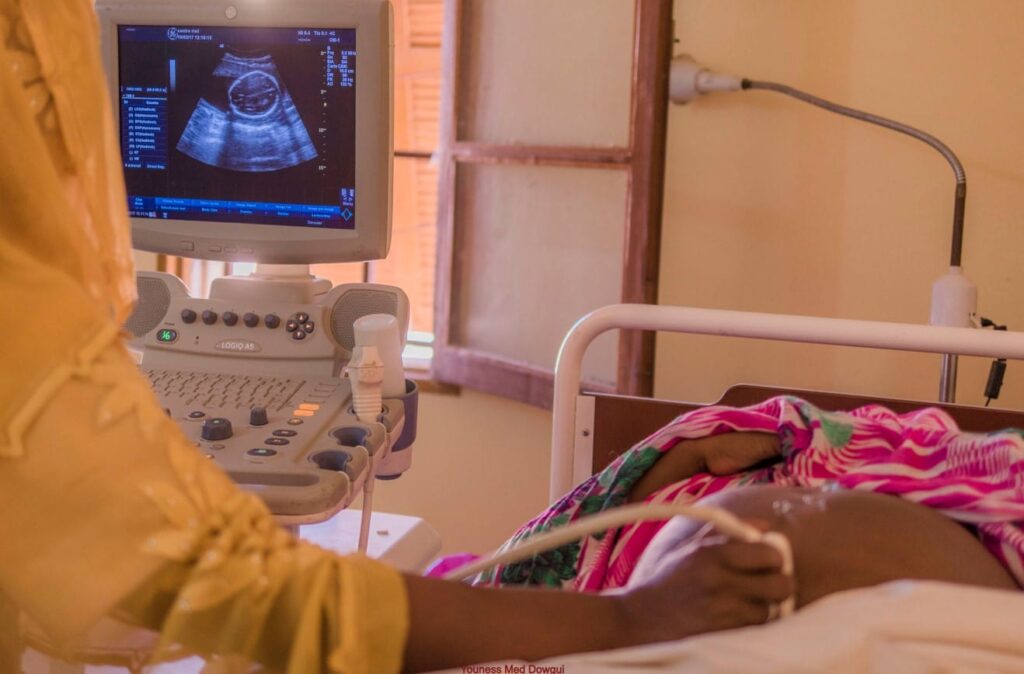
By addressing gender inequalities, the Initiative aims to improve health standards and make health services accessible to all.
